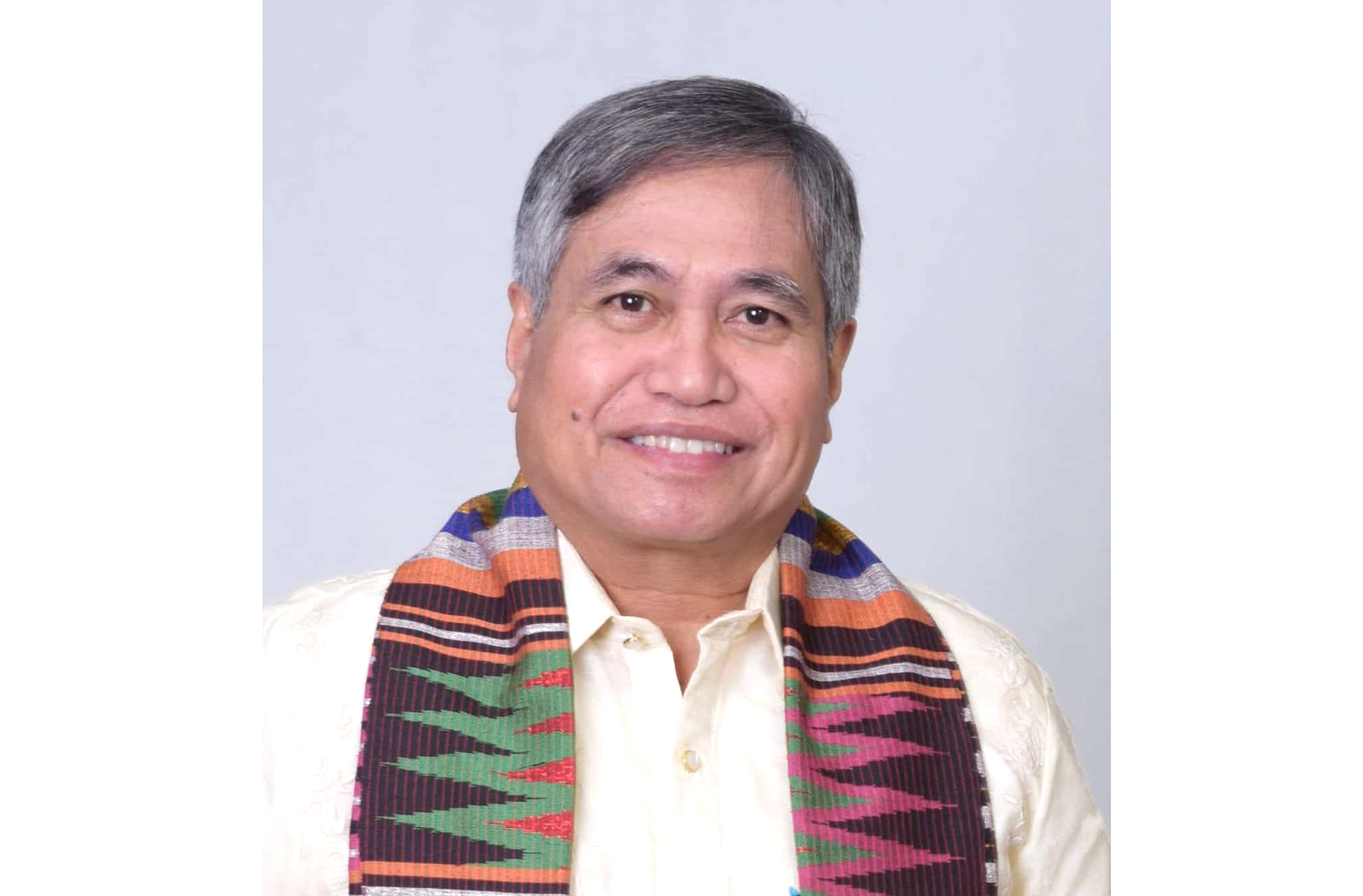The future is digital: Helping MSMEs thrive in a tech-driven economy
FROM THE MARGINS

Small businesses are the lifeblood of the Philippine economy, employing the majority of our workforce. However, despite their crucial role in driving economic activity, many micro-small-and-medium-enterprises (MSMEs) still struggle to keep pace with digital advancements — an essential factor in staying competitive and ensuring long-term success in an increasingly technology-driven market.
Fortunately, with a high percentage of smartphone users, a tech-savvy young population, and increasing internet penetration, the country is well-positioned to embrace digitalization. The MSME Development Plan 2023-2028 prioritizes the integration of digital tools, artificial intelligence, and financial technology to enhance competitiveness in e-commerce and supply chain efficiency. We should all do our part to ensure that MSMEs — especially those in rural communities — benefit from emerging digital opportunities.
Digital champions
The Digital Financial Inclusion Awards (DFIA) — an annual program recognizing microfinance institutions (MFIs) and microentrepreneurs who successfully integrate digital solutions into their operations – is an important initiative. The DFIA builds on the success of the Citi Microentrepreneurship Awards (CMA), which has honored hundreds of microentrepreneurs and MFIs over the past 18 years.
The 4th DFIA was recently launched by the Microfinance Council of the Philippines, Inc. (MCPI) in partnership with Citi Foundation and Bangko Sentral ng Pilipinas (BSP). During the launch, BSP Governor Eli Remolona Jr., MCPI Chairperson Gilbert Maramba, and Citi Philippines CEO Paul Favila underscored how digital finance is making financial services more secure, efficient, and inclusive. The testimony of 24-year-old Teodoro Lamang Jr., — one of last year’s DFIA winners — was a pivotal moment of the launch, highlighting the role of microfinance and digitalization in transforming small businesses.
“When I started this journey, like many entrepreneurs, I was filled with dreams but burdened by uncertainties,” shared Teodoro. “I had the drive to build something meaningful, but navigating the complexities of finance, technology, and scalability was daunting. I am grateful that my MFI entered the picture — not as just a service provider, but as a true partner.”
Teodoro operates a cloud-based kitchen, with brands that include Fat Mama PH, Ben & Mama, Tikim Takam, and Urbanica. He uses Grab Food and Foodpanda to deliver meals, and processes digital payments using a QR code. “Social media platforms became our stage to share our brand story,” he explained.
His message to other aspiring entrepreneurs?
“Dream boldly, work tirelessly, and don’t be afraid to adapt,” says Teodoro. Being a digital champion, for him, is not just an achievement but a responsibility to uplift and empower others. He used part of the DFIA cash prize to fund a community program, “Fat Mama Gives Back,” which sponsors free graduation pictures and baking workshops to young people.
Laying the foundation for a digital-ready MSME sector
A fully digital MSME sector will not happen overnight. Collaborative action from the government, private sector, and financial institutions is critical. Investments in affordable and reliable internet access, digital skills training, and tailored financial solutions can help more entrepreneurs gradually integrate digital tools into their businesses.
Strengthening financial literacy, digital infrastructure, and access to capital will accelerate digital adoption among MSMEs. Enhanced financial education and digital skills training are vital, since, from our experience, many small entrepreneurs and their clients are hesitant to adopt digital payment systems or e-commerce platforms due to unfamiliarity and fear of fraud. Government agencies, financial institutions, and other parties can bridge this gap by offering accessible training programs on cybersecurity, digital marketing, and online payment systems.
Improving internet connectivity and access to digital tools is also essential, particularly in rural areas. Since traditional loan structures may not always be feasible for small businesses, alternative financing models such as micro-loans for digitalization, grant programs, and pay-as-you-go digital tools can provide MSMEs with flexible and scalable solutions to integrate technology into their operations. Expanding broadband infrastructure, promoting subsidized tech programs, and increasing MSME access to affordable financial products will ensure no business is left behind in the digital revolution.
The 4th DFIA serves as a call to action, recognizing those who have successfully leveraged technology despite challenges. Four MFIs and 15 microentrepreneurs will be selected as digital champions this year, with the DFIA awarding ceremonies scheduled sometime in November. Winners will receive ₱100,000 in cash prizes and laptops. Beyond financial rewards, the DFIA, as Teodoro has experienced, also offers knowledge-sharing opportunities to help MFIs and entrepreneurs scale their digital solutions effectively.
By focusing on financial inclusion, education, and infrastructure development, the Philippines can empower more MSMEs to take their first steps toward digital transformation—one business at a time. The success stories of DFIA winners prove that digitalization is not just for large corporations—it is possible, even for the smallest businesses, with the right support systems in place.
* * *
“My story is proof that with the right mindset, the right tools, and the right support, success is within reach.” – Teodoro Lamang, Jr.
(Dr. Jaime Aristotle B. Alip is a poverty eradication advocate. He is the founder of the Center for Agriculture and Rural Development Mutually-Reinforcing Institutions (CARD MRI), a group of 23 organizations that provide social development services to eight million economically-disadvantaged Filipinos and insure more than 27 million nationwide.)